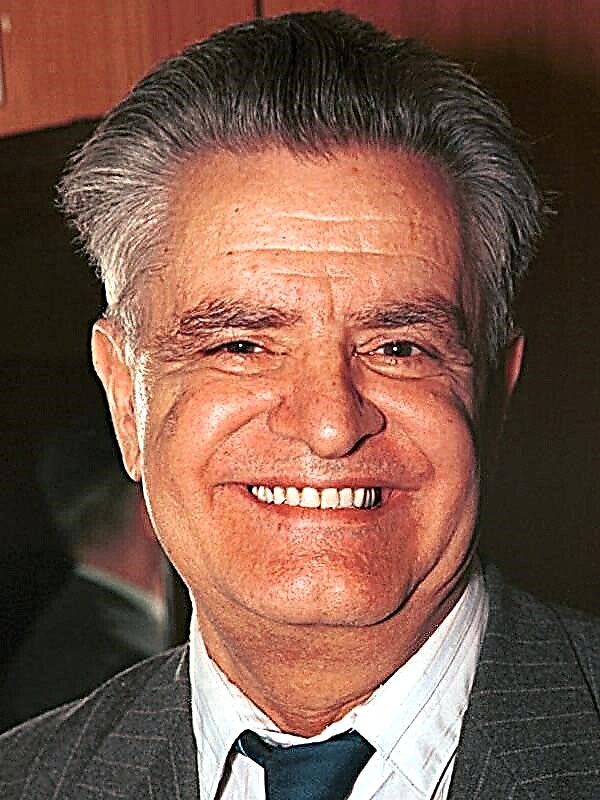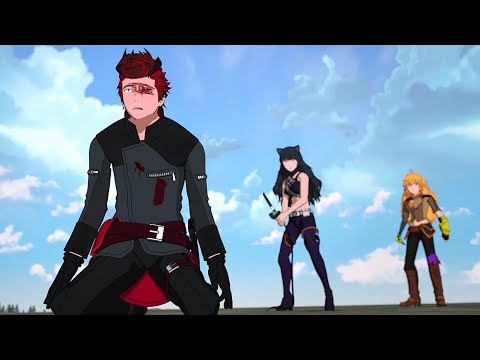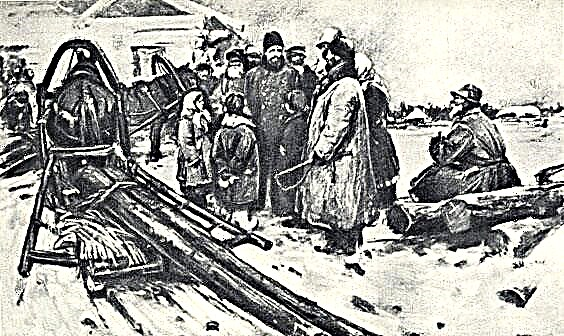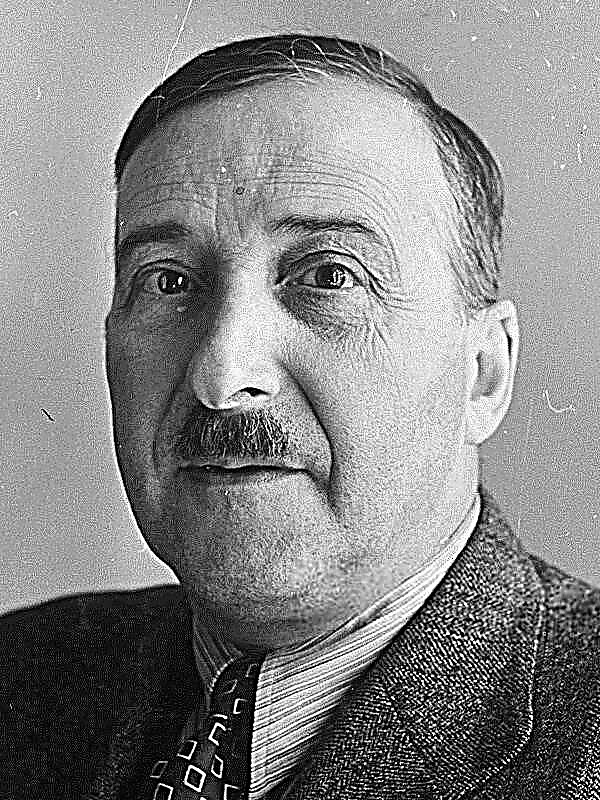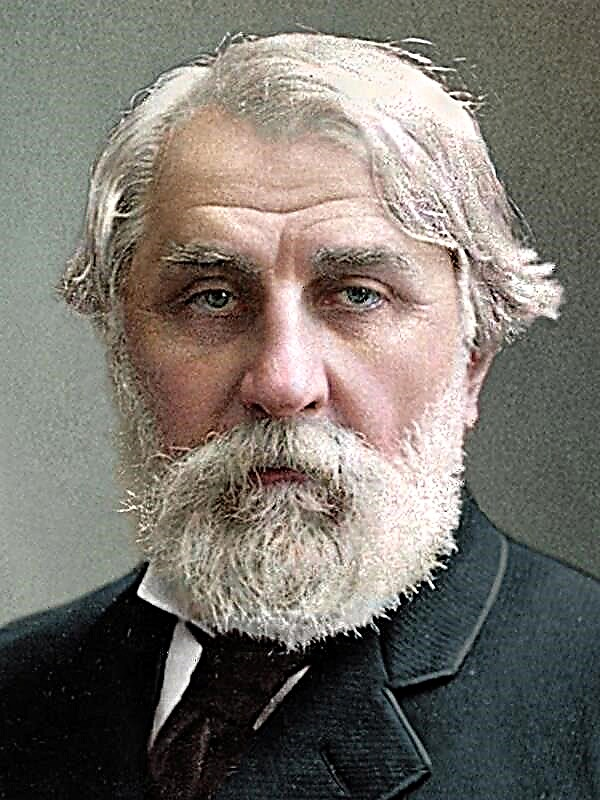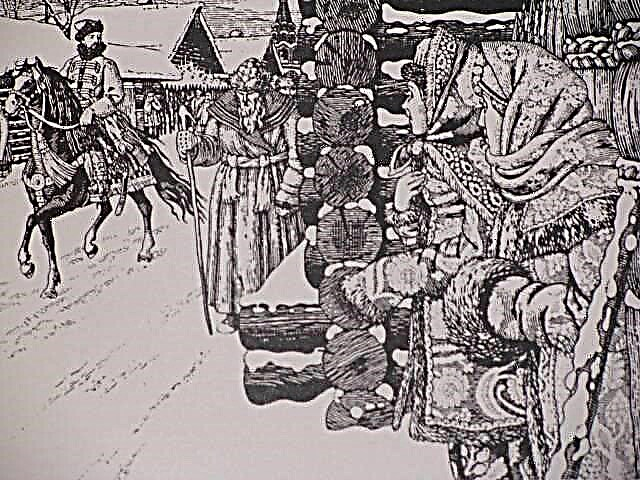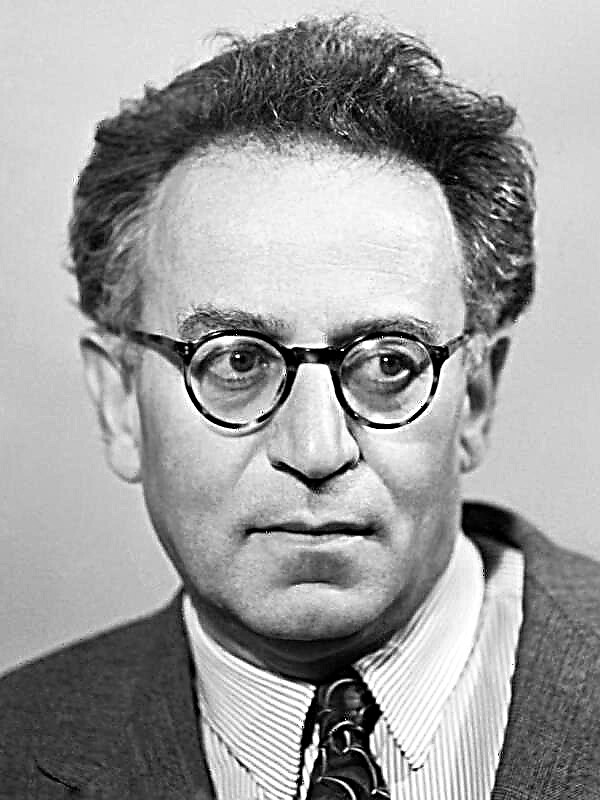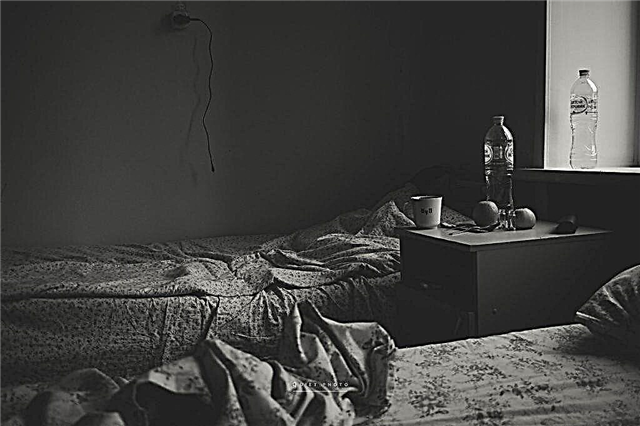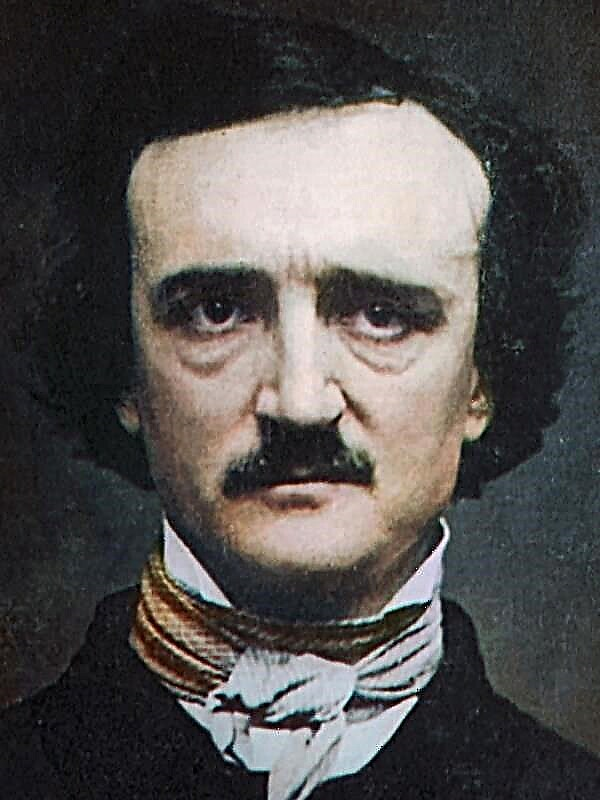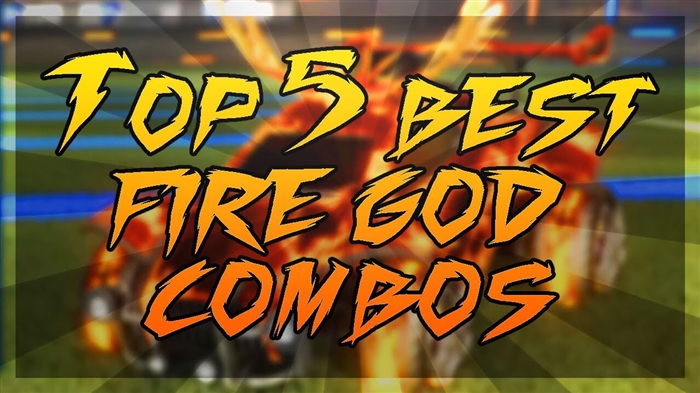The prerequisite for writing the novel “Demons” for Fedor Mikhailovich was materials from the criminal case of Nechaev, the organizer of a secret society, whose purpose was subversive political actions. In the days of the author, this event thundered throughout the empire. However, he managed to make a deep and rich work out of a small newspaper clipping, which not only Russians, but also foreign writers consider as a standard.
History of creation
Fedor Mikhailovich Dostoevsky was distinguished by persistence and exactingness. In an instant, having experienced another epileptic seizure, the author came to the conclusion that the new work did not suit him at all. Then he completely destroyed his creation, but left the idea of the novel untouched - the story of the nihilists, whose denial went too far.
Then Dostoevsky again takes up the writing of “Demons” - so the world saw the second version of the work. The writer did not have time to submit the work by the deadline set by the publisher, but he did not want to betray himself and give the public a work that did not suit him. Katkov, the publisher of the author, only shrugged, because the writer provided himself and his family only with advances for books, but he was ready to live from hand to mouth, just to not release raw material.
Genre, direction
In the novel “Demons”, such qualities as chronicle, stern historicism of thinking, philosophicalness are unusually intertwined, but at the same time the writer looked to the future and talked about what would concern his descendants. It is for this novel that the designation is firmly entrenched: "a novel-prophecy."
Indeed, most readers note the visionary gift of Dostoevsky, because the novel reflects the problems of not only that time, but also the issues of today's information society. The author penetrates the main threat to the future of the public - the substitution of established concepts for unnatural demonic dogma.
The direction of the writer's work is realism, since it depicts reality in all its diversity.
Essence
Events take place in a provincial town in the possessions of Varvara Petrovna Stavroginoy. The child of the freethinker Stepan Trofimovich Verkhovensky, Pyotr Verkhovensky is the main ideological mentor of the revolutionary movement. Peter is trying to attract Nikolai Vsevolodovich Stravogin to the revolutionaries, who is the son of Varvara Petrovna.
Pyotr Verkhovensky convenes young people “sympathizing” with the coup: retired military man Virginsky, expert of the masses Tolkachenko, philosopher Shigalev and others. The organization’s leader Verkhovensky plans to kill the former student Ivan Shatov, who decides to part with the revolutionary movement. He leaves the organization because of an interest in the thoughts of the God-bearing people. However, killing a hero is not necessary for the company for revenge, the real motive that ordinary members of the circle do not know is to rally the organization with blood, a single crime.
Further events develop rapidly: a small town is shocked by hitherto unprecedented incidents. The secret organization is to blame, but the townspeople have no idea about it. However, the most terrible and frightening things happen in the soul of the hero, Nikolai Stavrogin. The author describes in detail the process of its decomposition under the influence of malicious ideas.
The main characters and their characteristics
- Barbara Stavrogin - A well-known provincial lady, an outstanding landowner. The heroine has an estate inherited from a wealthy farmer-parent. Husband Vsevolod Nikolaevich, by profession a lieutenant general, did not own a huge fortune, but had great connections, which Varvara Petrovna, after his departure from this life, was striving to restore by all possible means, but to no avail. In the province, she is a very influential woman. By nature, she is arrogant and oppressive. However, the heroine often feels a strong dependence on people, sometimes even sacrificial, but in return expects the same behavior. In communicating with people, Varvara Petrovna always adheres to a leading position, old friends are no exception.
- Nikolay Vsevolodovich Stavrogin - possessed demonic appeal, had excellent taste and well-mannered behavior. Society reacted violently to his appearance, but, despite all the liveliness and richness of his image, the hero behaved rather modestly and not very talkatively. All female secular society was in love with him. Nikolai Vsevolodovich met with Shatov's wife - Masha, with his sister - Dasha, with his childhood friend - Elizaveta Tushina. Returning from Europe, he took part in the revival of a secret society. In the same period, he set experience on the effects on Shatov and Kirillov. Nikolai Vsevolodovich did not take a direct part in the death of Shatov and even reacted negatively to this, but the idea of rallying the participants of the association came precisely from him. More on the character of Stavrogin
- Kirillov Alexey Nilyich - One of the leading characters in the work of F. Dostoevsky's “Demons”, a civil engineer by profession, he came up with the theory of suicide as a need for a reasoning person. Kirillov overcame the fast track from religion to the denial of the existence of someone from above, was obsessed with manic thoughts, ideas about revolution and readiness for self-denial. All this in time at Alexei Nilych was seen by Pyotr Verkhovensky - a sly and ruthless person. Peter was aware of Kirillov’s intention to commit suicide, and forced him to write a confession that Shatov, whom Peter had killed, died at the hands of Kirillov.
- Petr Stepanovich Verkhovensky - The leader of the revolutionaries, slippery and insidious character. In the work, this is the main "demon" - he runs a secret society promoting atheist proclamations. Inspired by crazy thoughts, he tries to charm them with Nikolai Vsevolodovich Stavrogin - a childhood friend. Verkhovensky is not bad in appearance, but does not cause any sympathy.
- Stepan Trofimovich Verkhovensky - a man of the old school, devoted to high ideals and living on the content of the famous provincial person. In his youth he had a beautiful appearance, the echoes of which can be seen in old age. There is a lot of pretense in his behavior, but he is quite educated and insightful. He was married twice. At some time, he was respected almost like Belinsky and Herzen, but after discovering a poem of ambiguous content, he was forced to leave Petersburg and hide in the estate of Varvara Petrovna Stavrogina. Since then, it has noticeably degraded.
- Shigalyov - participated in the organization of the murder of Shatov, but refused this. Little is known about Shigalyov. An employee of the chronicle department says that he arrived in the city a couple of months before the incident, it was rumored that he was published in a famous St. Petersburg publication. It seemed as if Shigalyov knew the time, place and event that should happen. According to this character, all people should be divided into two unequal halves. Only one tenth should have power. The rest is a herd of no opinion, slaves. In a similar manner, whole generations were to be re-educated, because it was more than natural.
- Erkel, Virgin, Liputin, Tolkachenko - members of a secret society recruited by Verkhovensky.
Themes and mood
- Relations between fathers and children. Obviously, in the novel "Demons", the author describes the collision of different eras and the loss of connection between different generations. Parents do not understand the children at all, they seem to be from different planets. Therefore, no one can help the youth in time, since those precious family ties that could keep the youth from a moral fall have been lost.
- Nihilism. In the novel Possessed, the connection with the work Fathers and Sons is clearly visible, since it was Turgenev who first spoke of nihilism. The reader will recognize the heroes of Dostoevsky, as well as the Turgenev characters, through ideological disputes in which possible directions for improving society are revealed. In a small amount, there is a connection with the poem by Alexander Sergeyevich Pushkin, with the same name “Demons”: the idea of people who have lost their way, who wander in circles in the verbal fog of Russian society.
- Lack of common moral guidelines. The spiritual social ailment shown by the author was provoked by the complete absence of high values. Neither the development of technology, nor the leaps in education, nor the pathetic attempts to destroy social disagreements with the help of the authorities will lead to a positive result until common moral guidelines appear. “There is nothing great” - this is the main reason for the sad state of the Russian people.
- Religiosity and Atheism. Will a man achieve harmony after suffering in life, and is this harmony valuable? If there is no immortality - you can do everything that comes to mind without thinking about the consequences. In this conclusion, which may occur in any atheist, the author sees the danger of unbelief. However, Dostoevsky understands that faith cannot be absolute, as long as religious philosophy has unresolved issues on which there is no consensus. The writer's thoughts are: is God fair if innocent people are allowed to suffer? And if this is his justice, then how can one judge those who shed blood on the road to public happiness? According to the author, one must abandon universal happiness if at least one human sacrifice is needed for his sake.
- Reality and mysticism constantly clash in the works of Fyodor Mikhailovich Dostoevsky, sometimes to such an extent that the line between the story of the writer and the illusions of the character itself disappears. Events are developing rapidly, they occur spontaneously in small time periods, they rush forward, not allowing the person on the other side of the book to concentrate on ordinary things. Attracting all the attention of the reader to psychological moments, the author only bit by bit gives household material.
The main idea
Fyodor Mikhailovich Dostoevsky tried to describe the disease of the nihilist revolutionaries, which settled or gradually restores its order in the heads of people, disperses chaos around itself. His idea (simplified) boils down to the fact that nihilistic moods adversely affect Russian society - like madness on a person.
Fedor Mikhailovich established the cause and significance of the revolutionary movement. It promises happiness in the future, but the price in the present is too high, you cannot agree to it, otherwise people will lose the moral values that make their life together possible. Without them, the people will disintegrate and self-destruct. And only having overcome this inconstant phenomenon (like the demon of the soul), Russia will become stronger, will stand on its feet and will live with a new force - the power of a single society, where a person and his rights should be in the first place.
What does it teach?
The spiritual health of the nation depends on the moral well-being and the increase of warmth and love in all people individually. If the whole society has common moral canons and guidelines, it will go through all the thorns and achieve prosperity. But the unbridledness of ideas and the denial of the foundations will lead to the gradual degradation of the people.
The creative experience of “Demons” shows: in everything it is necessary to find a moral center, determine the level of values that guide the thoughts and actions of a person, decide which negative or positive sides of the soul rely on various life phenomena.
Criticism
Naturally, Russian criticism, in particular the liberal-democratic one, reacted negatively to the release of Demons, seeing a sharp satire in the plot. Deep philosophical content was considered as an ideological warning of non-disobedience. Reviewers wrote that the disappearance of revolutionary initiative would plunge society into a stupor and sleep, and the government would no longer hear the voice of the people. Then the tragic fate of the Russian people will never change for the better.
In the work “Spirits of the Russian Revolution,” Berdyaev expresses the view that nihilism in the understanding of Dostoevsky can be interpreted as a certain religious view. According to Berdyaev, a Russian nihilist can imagine himself instead of God. And although Dostoevsky himself is more connected with atheism, in the famous monologue of Ivan Karamazov about the child’s tear, one urgently needs a person to have faith.


